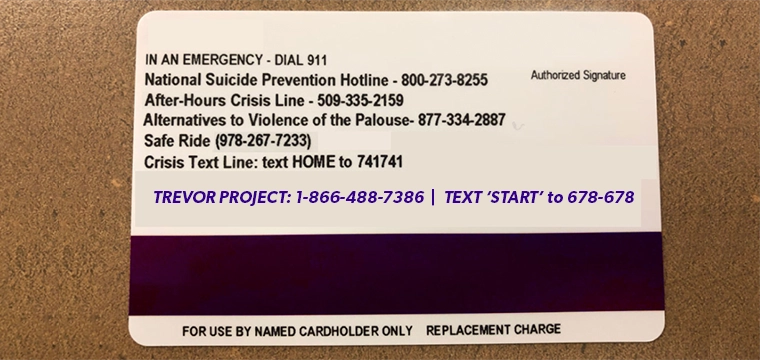
There are two practical applications of the interoperability specification. The first is that security end users could link physical and logical identities without having to build and maintain custom interfaces between physical security and logical systems. The specification will enable security end users and integrators to cost effectively unify identities without requiring them to restructure physical or logical security ecosystems.
For example, an incoming freshman’s identity can be created once, and automatically populated into all of the student’s user systems. Similarly, a graduating student’s identity can be deleted one time, rather than for each of the student’s user systems. Again, in each case custom interfaces will not need to be built and maintained.
Building on the idea that’s already in place with one-card systems, interoperability offers greater efficiency and productivity for card management, resulting in a reduction of both cost and staff credential handling.
Similar to current one-card systems where student IDs are managed in one central place for six or seven different applications, the interoperability will extend this to a broader identity management strategy to include logical access. This will offer greater security of identifications and reduced risk from management mistakes.
The second practical application is that it will be more cost effective to ensure card holders are physically present before allowing them to log into applications and databases – an effective measure against cyber security breaches – and also streamline management of group privileges.
The Access Interoperability group intends to extend physical-logical access synchronization to mobile devices used as credentials. As we look to the future of what this means, it’s not just the password you know or the card you carry – it’s your identity stored on your phone. In some regards, we’re already there: PSIA is working with the aptiQmobile credential from Allegion, the only mobile credential that works with PSIA. With aptiQmobile, identities can be easily linked to or issued from the head-end system.
Because the move to a single-managed source is on the horizon, when the time comes for your campus to move to smart card technology it will be important to choose wisely.
There are technologies available that, because they are proprietary, are locked down and don’t “talk” well with other systems. Using a proprietary technology or system means you are limited to working with that system’s partners. On the other hand, choosing an open-architecture system, will allow different companies to use your smart card system with ease, thereby allowing you to partner with whomever you desire.
The coming year will be an exciting one for campus administrators as they begin moving toward smart card systems, most notably because they will be one step closer to the ease of system interoperability.




